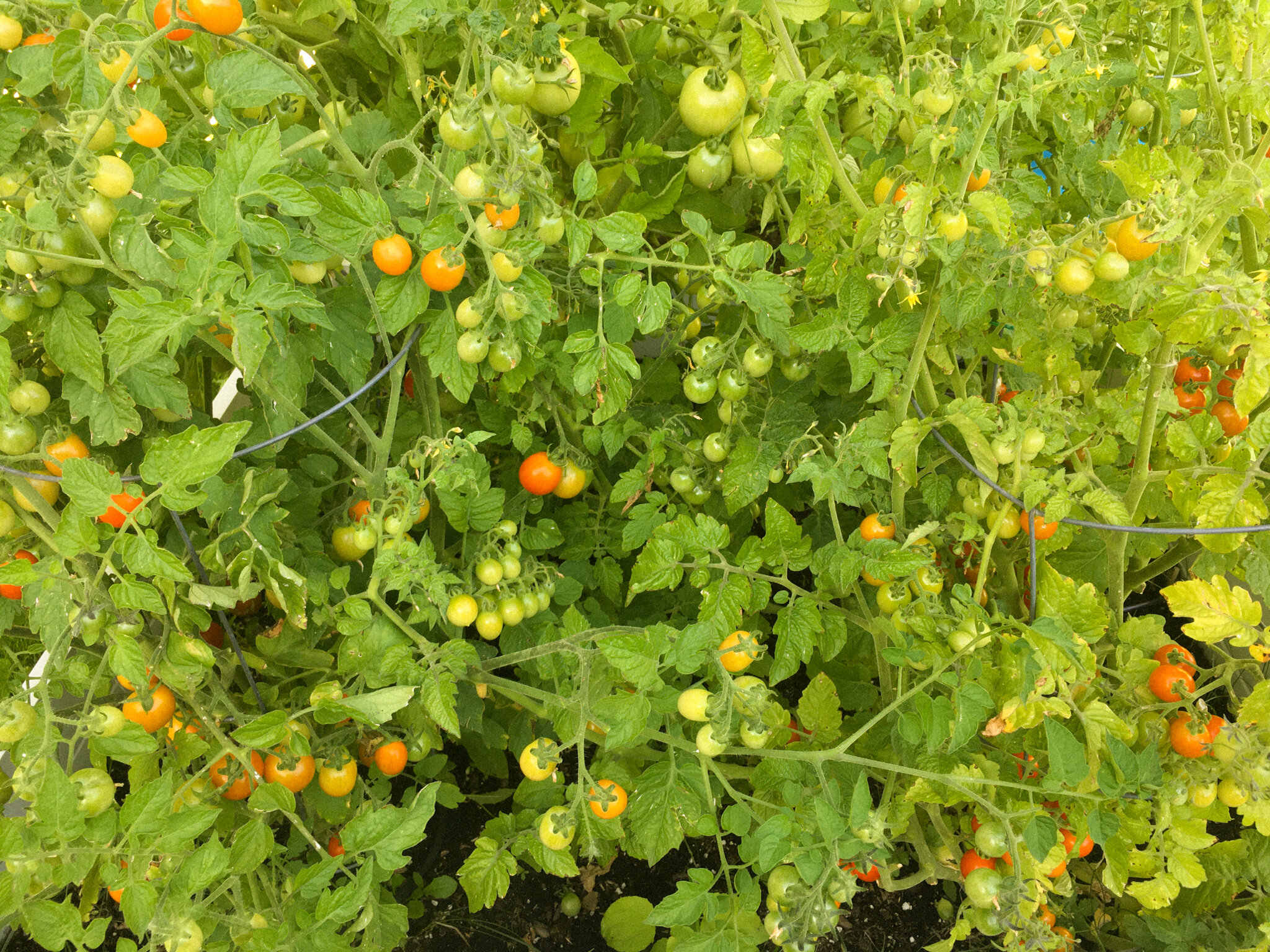
august 29, 2020
After many years of gardening in pots, my family finally made the leap to extend our garden to garden boxes this year. With about 5 times the space that we had before, we had much more soil to fill and room to experiment with different types of vegetables that we had never grown before. Now at the end of august, I can really say how fulfilling this whole adventure was. I got to know many plants that I never had before and my relationship with the food that I eat feels changed. When you can walk outside and pick an entire meals worth of food, the nourishment goes beyond just hunger. Today I just wanted to share my garden’s journey and some thoughts on gardening, inspired both by my garden and Robin Wall Kimmerer’s words in her book Braiding Sweetgrass.
When we started to see the first hints of spring after a very hard, cold winter here in Alberta, my family and I made the goal to try a larger vegetable garden. Determined to grow everything ourselves, we stocked up on seeds and got the herbs and tomatoes started indoors around march. We grew our seeds in a seed starter tray, the ones with the little inflatable pucks. I will be the one to tell you (it doesn’t say this literally anywhere I could find), you need to move the seedlings into larger pots indoors for about a month before you can move them outdoors! Because we missed that step we unfortunately had several casualties when we moved the seedlings outdoors in early june. However, we ended up keeping some inside that ended up growing really well after a couple more weeks in the house.
Having lost our initial round of tomato and herb seedlings, we ended up purchasing some larger plants from our local hardware store and those are what occupy the garden today. Luckily though we had lots of luck with the vegetable varieties that grow directly outdoors. Half our garden still ended up growing straight from seed which is incredible to me since I had never planted from seed before.
Through the many ups and downs of our Alberta summer, I wake up every morning to these plants that say “let us feed you.” Even after being eaten by slugs or battered by hail, the vegetables are always willing to give us this delicious food in return for us taking care of them. Tending to this garden has really given me the chance to see what food really is, it is a gift from the earth. It is a gift that is grown in large crops and sold as a commodity as if it is owned by the land owner. But these gifts aren’t from people, they are from the soil, the sunshine and the rain. It’s mother earth that feeds us day after day.
In her book Braiding Sweetgrass this is an idea that Kimmerer comes back to often, the notion of reciprocity and relationship between people and plants. Despite all the harm that we have brought to this good planet, mother earth still nurtures us in every way she can: feeding us, housing us, showering us. We are sustained by her gifts and it is the least we can do to just say thank you. This is our gift in return, to be thankful for what we have rather than seeking more, more, more.
When I can go outside and say thank you to the plant before picking a ripe cherry tomato, a relationship is created between me and the land that gives me this gift. So when I trim and water and mist and stake these plants, the plant says thank you by giving me a delicious tomato. Rather than seeing ourselves as the owners or the masters of these living plants, Kimmerer talks about understanding them as their own living entity. It is a relationship of equals that is created rather than a relationship of servant and master. The plant knows this world well, since they were here long before we were. We have much to learn from the plants in our gardens and under our feet.
From Braiding Sweetgrass:
“People often ask me what one thing I would recommend to restore relationship between land and people. My answer is almost always, ‘Plant a garden.’ It’s good for the health of the earth and it’s good for the health of the people. A garden is a nursery for nurturing connection, the soil for cultivation of practical reverence. And its power goes far beyond the garden gate — once you develop a relationship with a little patch of earth, it becomes a seed itself.
Something essential happens in a vegetable garden. It’s a place where if you can’t say ‘I love you’ out loud, you can say it in seeds. And the land will reciprocate, in beans.”
Take care till next time,
Hanna
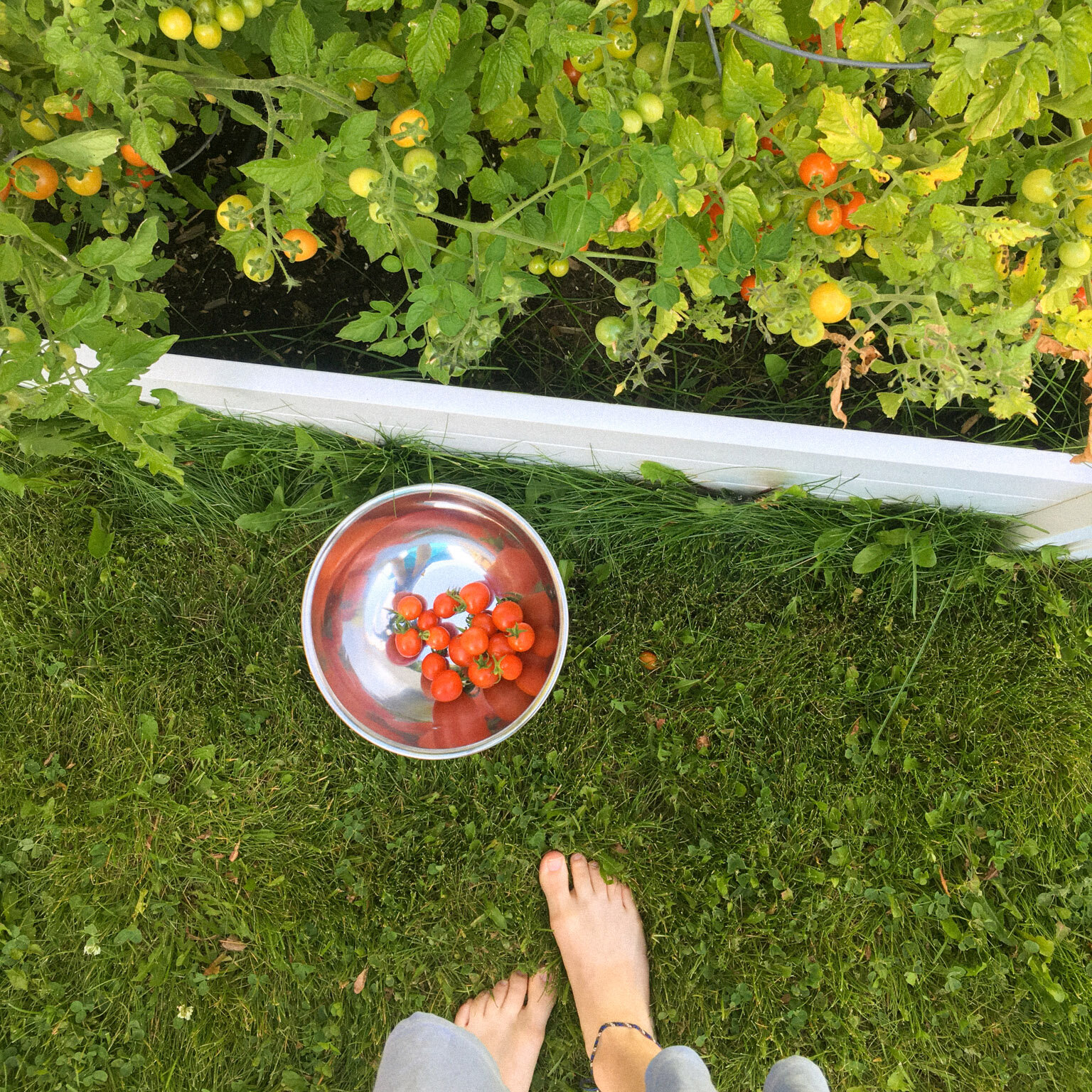
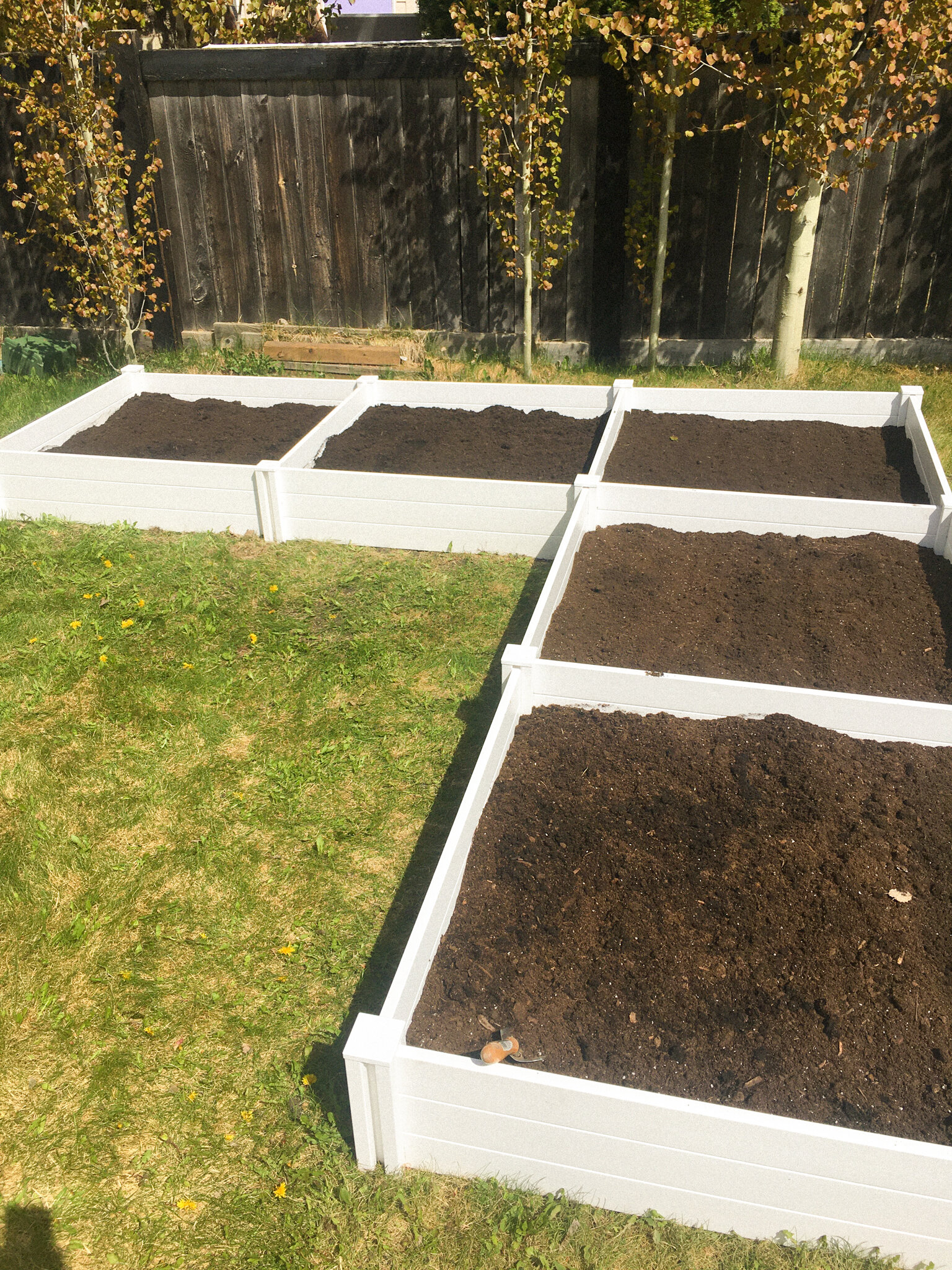
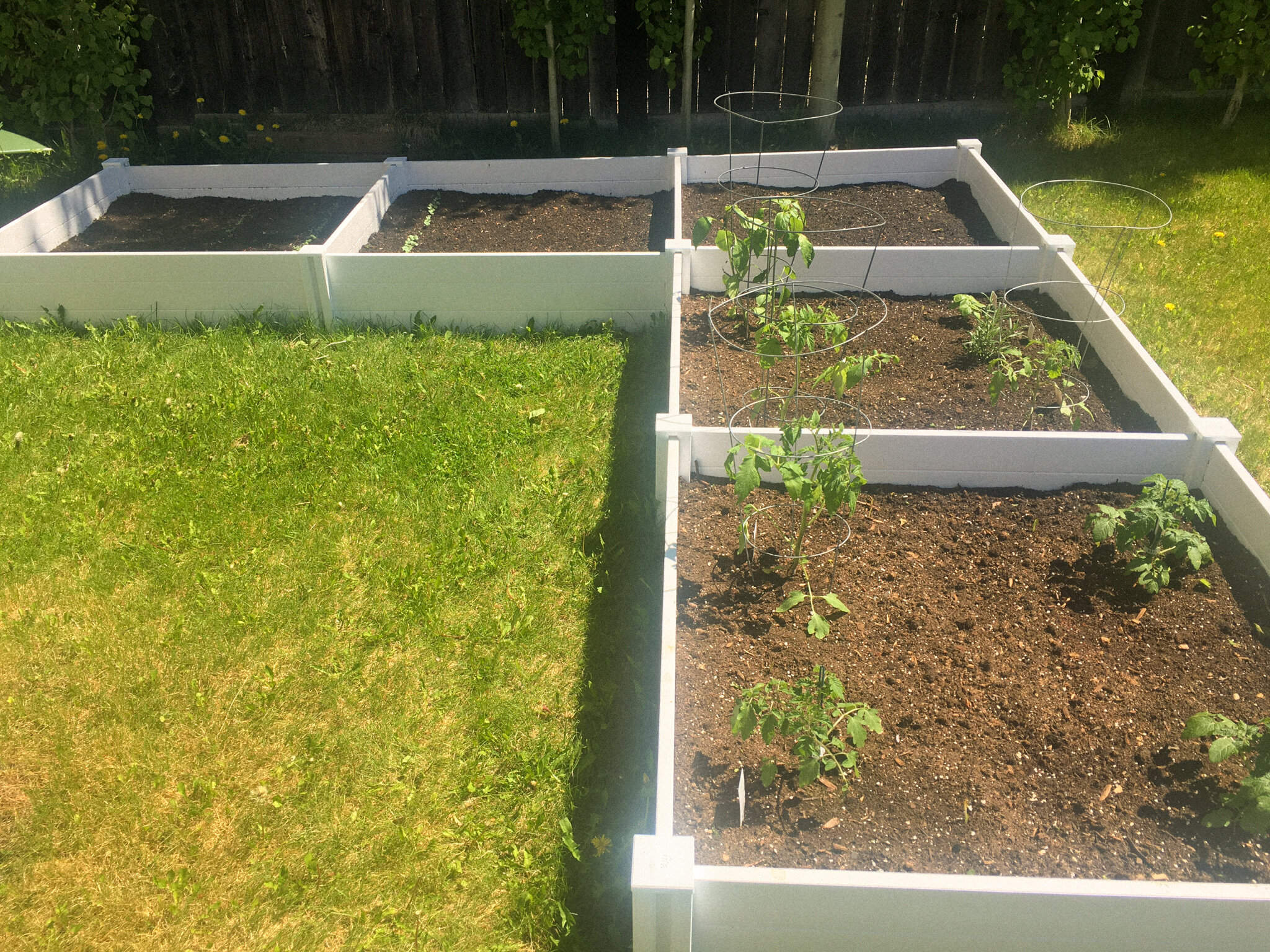
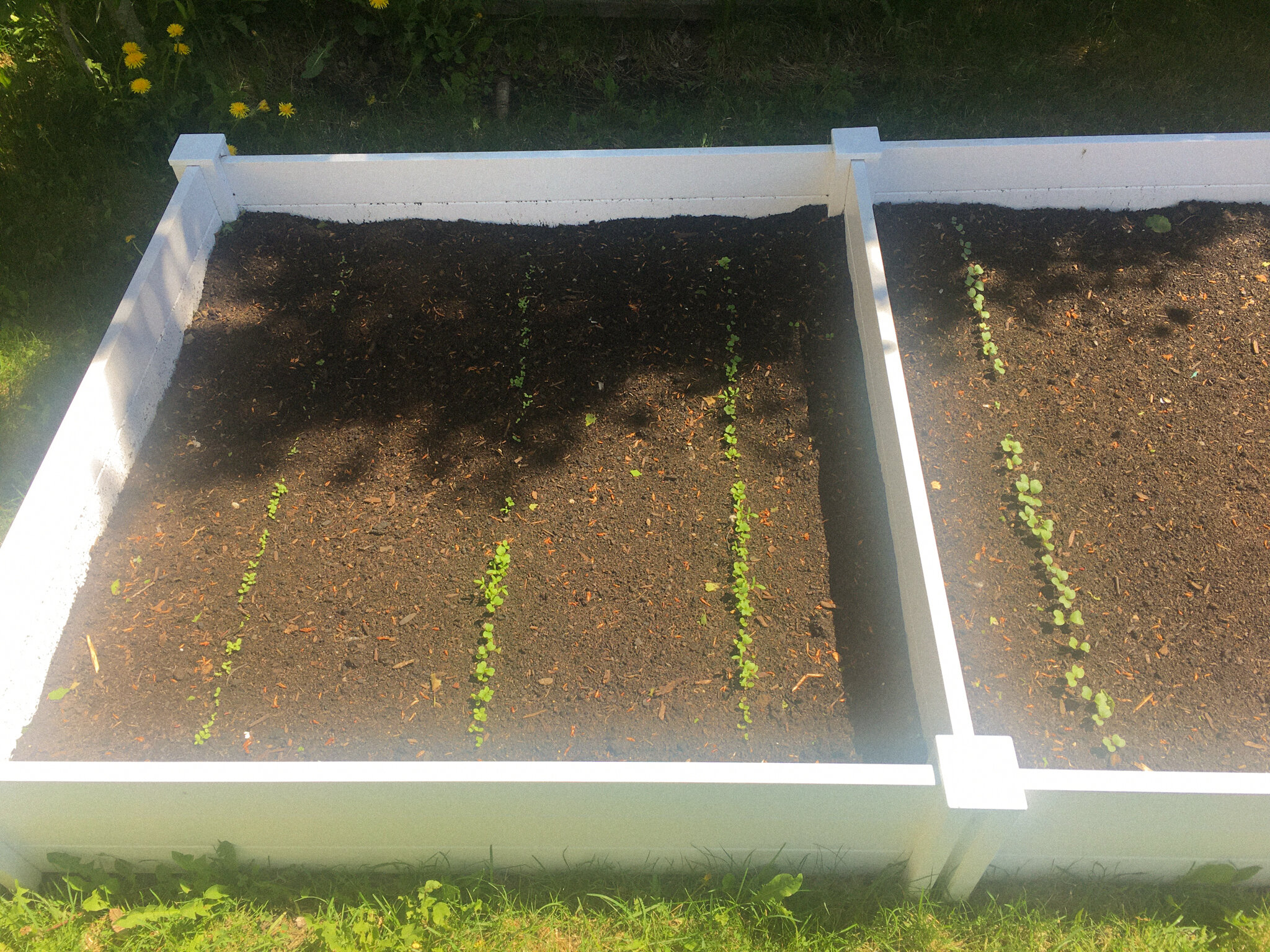
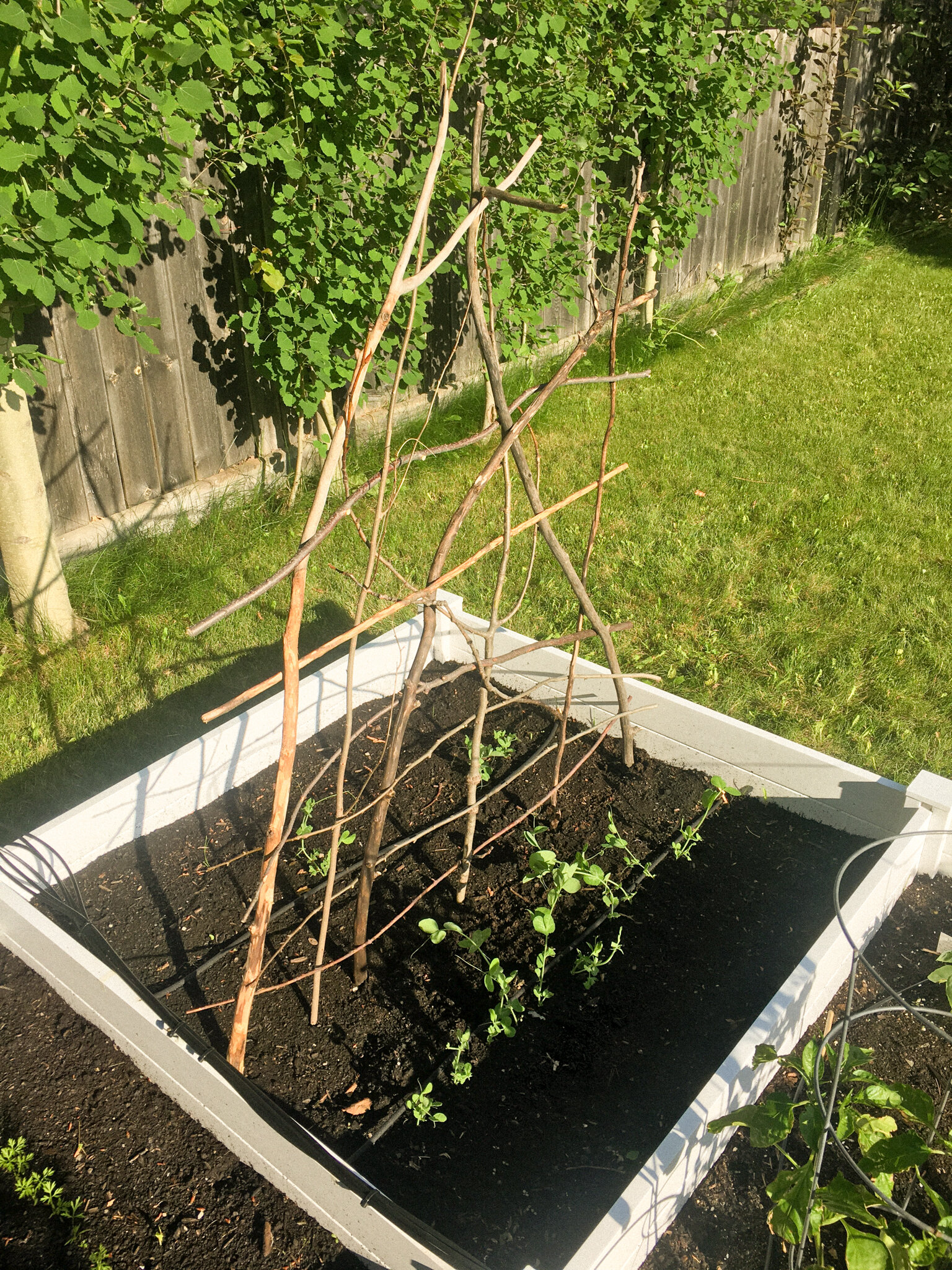
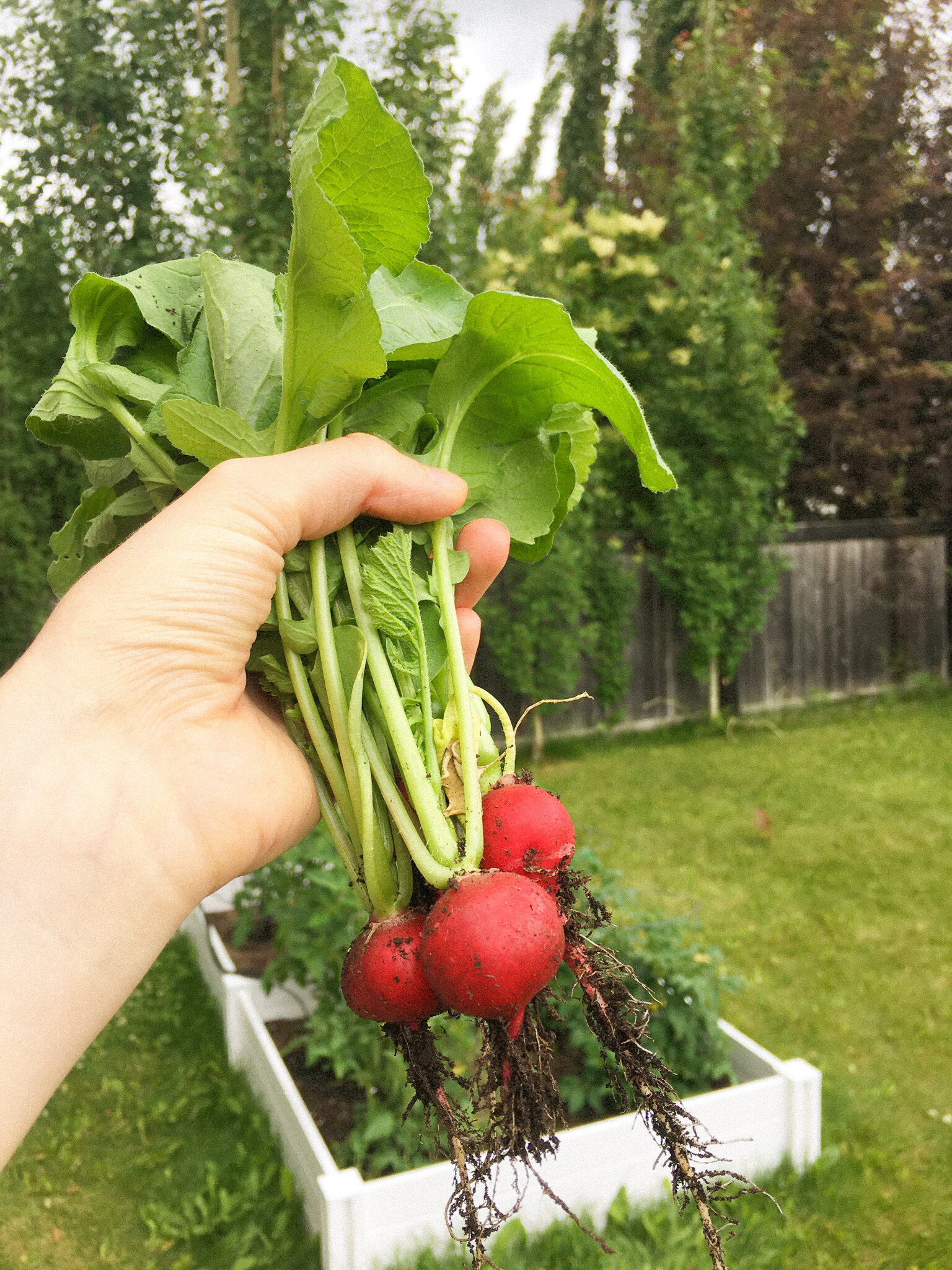
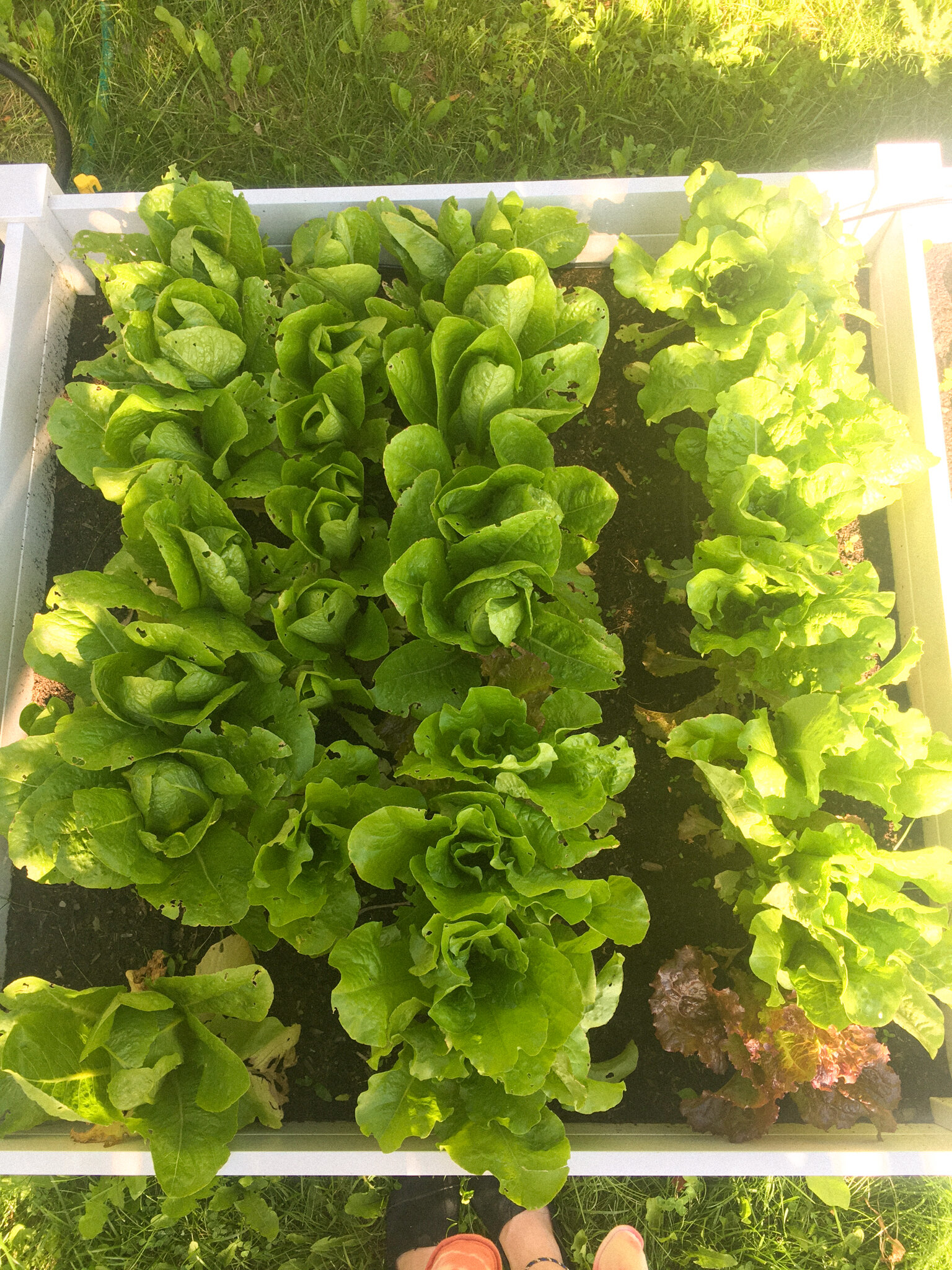
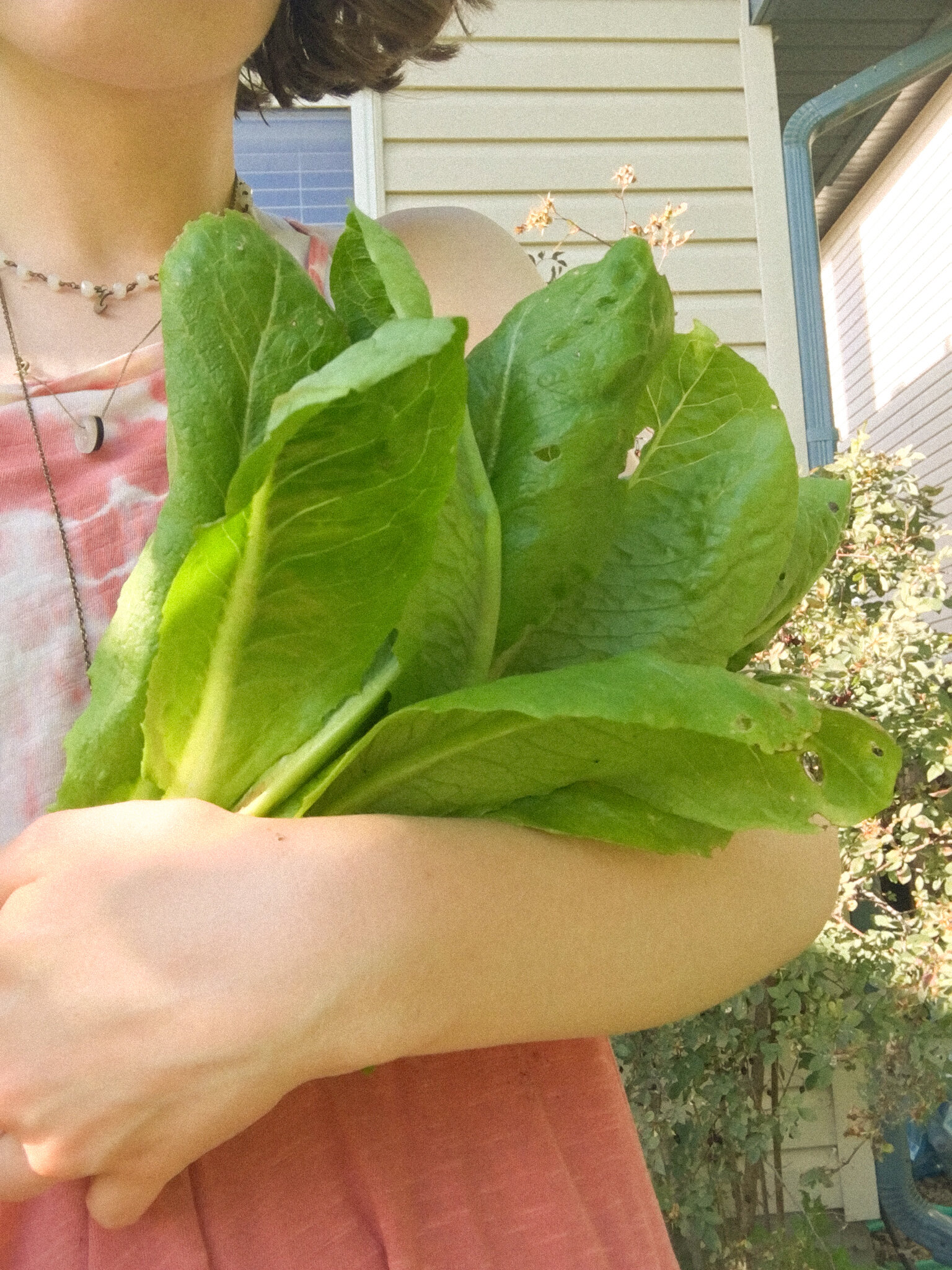
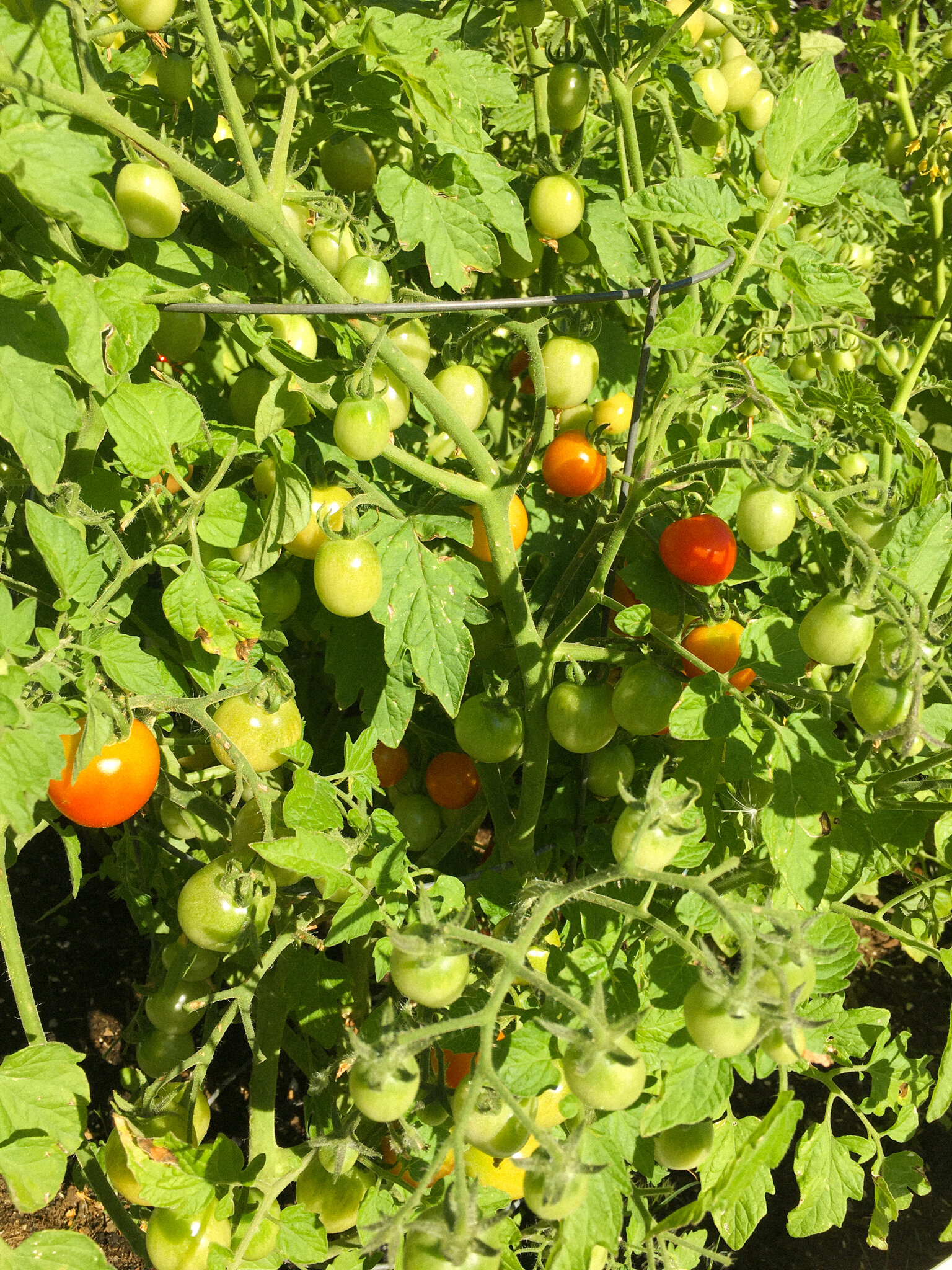
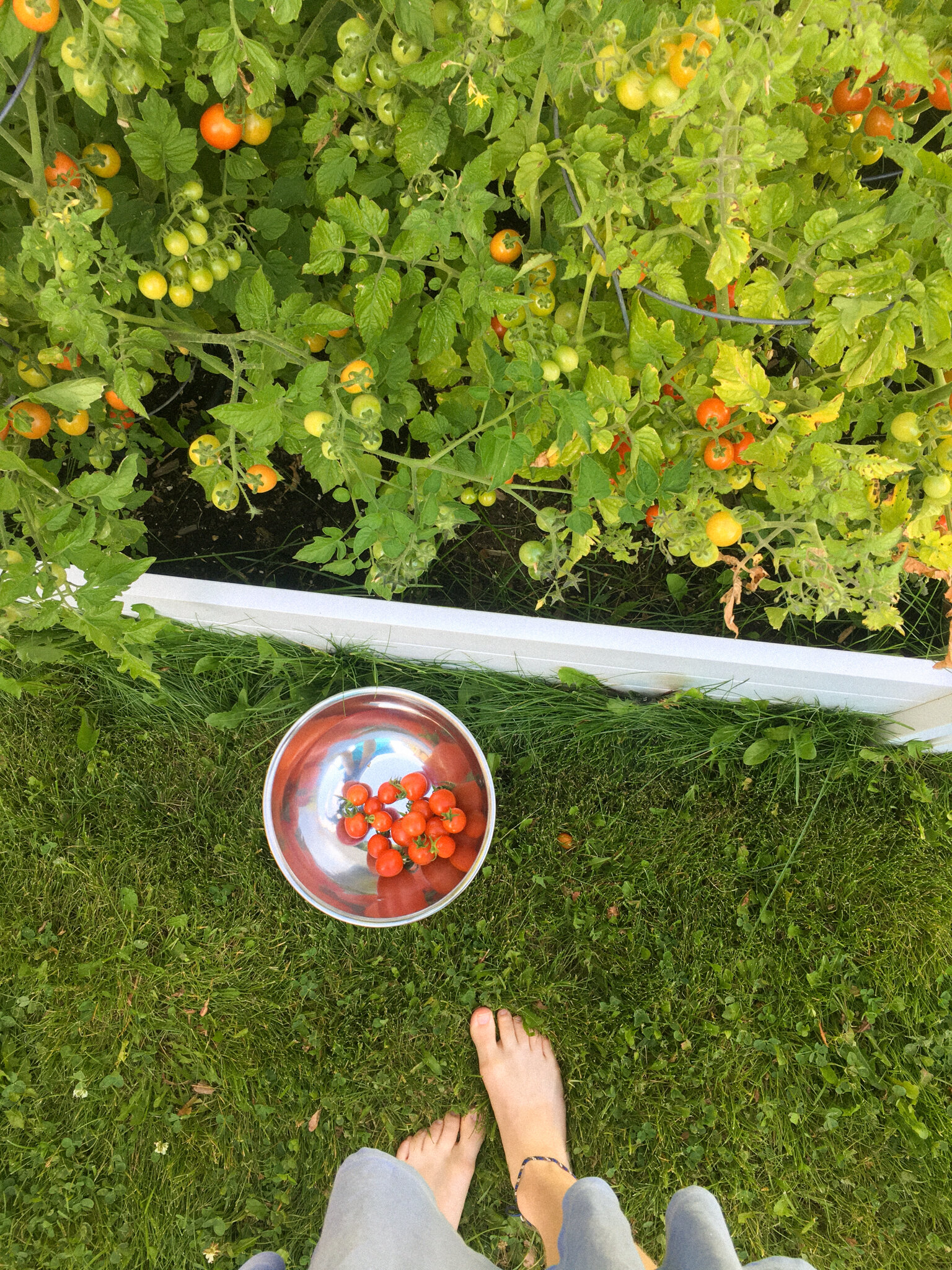
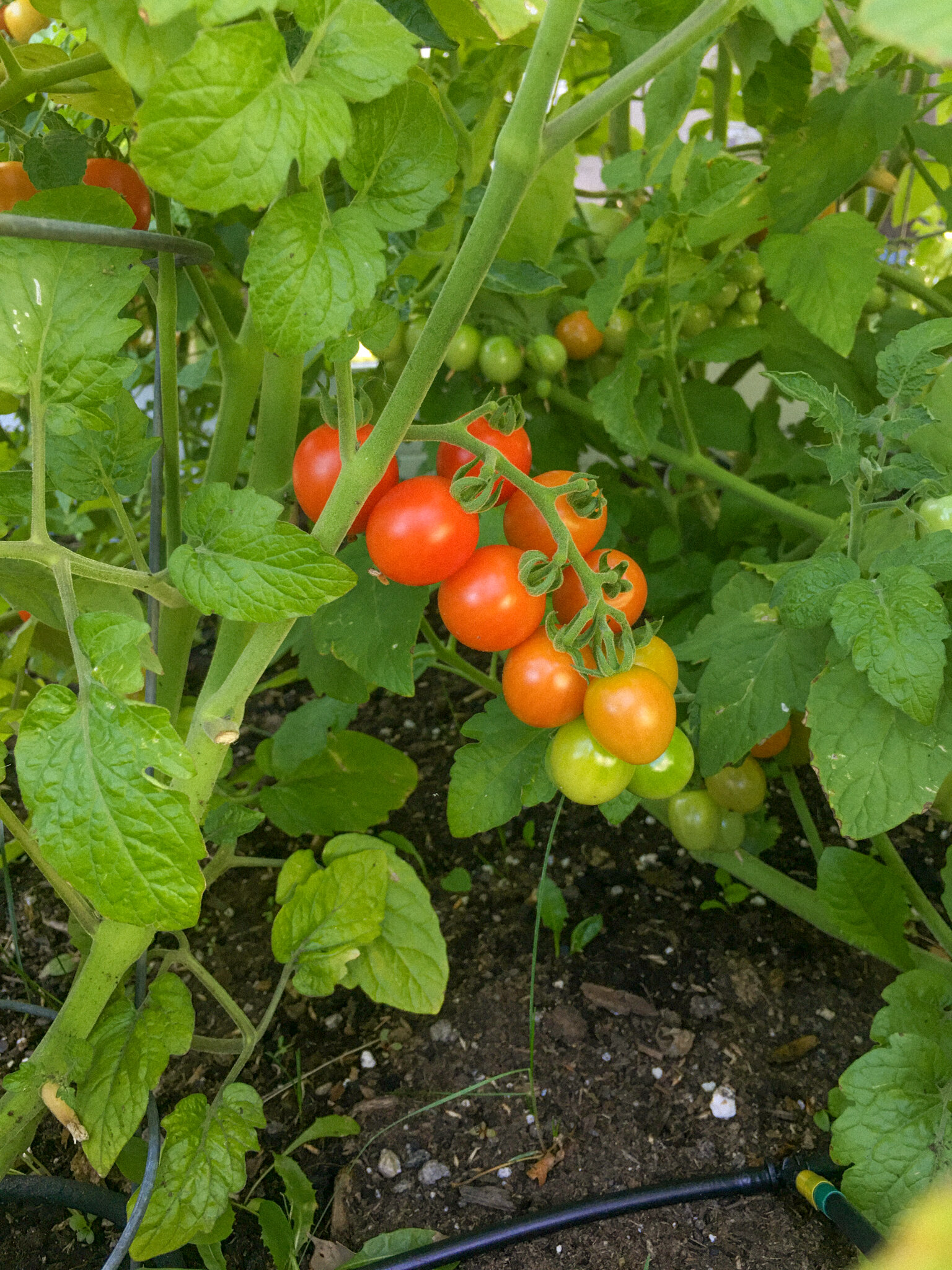
love this so much! Such great insight on how to take care of the beautiful earth and let it know its loved! Keep up the great work Hanna